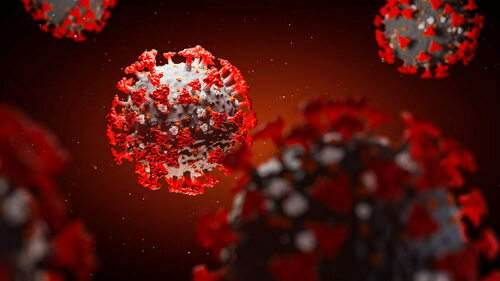
With the return of some 9,000 students to campus this weekend for the start of the second semester Wednesday (Feb. 3), the University of Notre Dame has made extensive plans to address and help minimize COVID-19 cases.
Every undergraduate and professional school student will be tested on a weekly basis this semester, and the University will offer and is encouraging surveillance testing to all faculty, staff, graduate students and postdoctoral students who are regularly on campus. The goal of surveillance testing is to identify asymptomatic and pre-symptomatic people before they spread the virus.
When there is concern about a possible pattern of contagion — for example, on the floor of a residence hall — the University is reserving test capacity as part of a supplemental testing strategy.
In advance of the weekly testing, undergraduate and professional school students must schedule and complete a pre-matriculation test at the University Testing Center. They are expected to avoid contact with others until they receive their test result.
Notre Dame undergraduate and professional school students also will be expected to abide by a new Campus Compact that clarifies and formalizes expectations for compliance with health and safety protocols, and outlines repercussions for failing to do so — up to and including suspension for the semester.
The University also has arranged for an adequate number of rooms on and off campus for isolating and quarantining students who test positive or who have had close contact with someone with the virus. Notre Dame also will deploy the equivalent of 12 full-time employees to comprehensively manage contact tracing.
The University is hopeful that the enhanced testing, Campus Compact and the many continuing measures that were implemented last semester — including face mask requirements, classrooms with proper social distancing, limits on gatherings and visitors, and dining hall modifications — will keep the campus and broader communities safe.